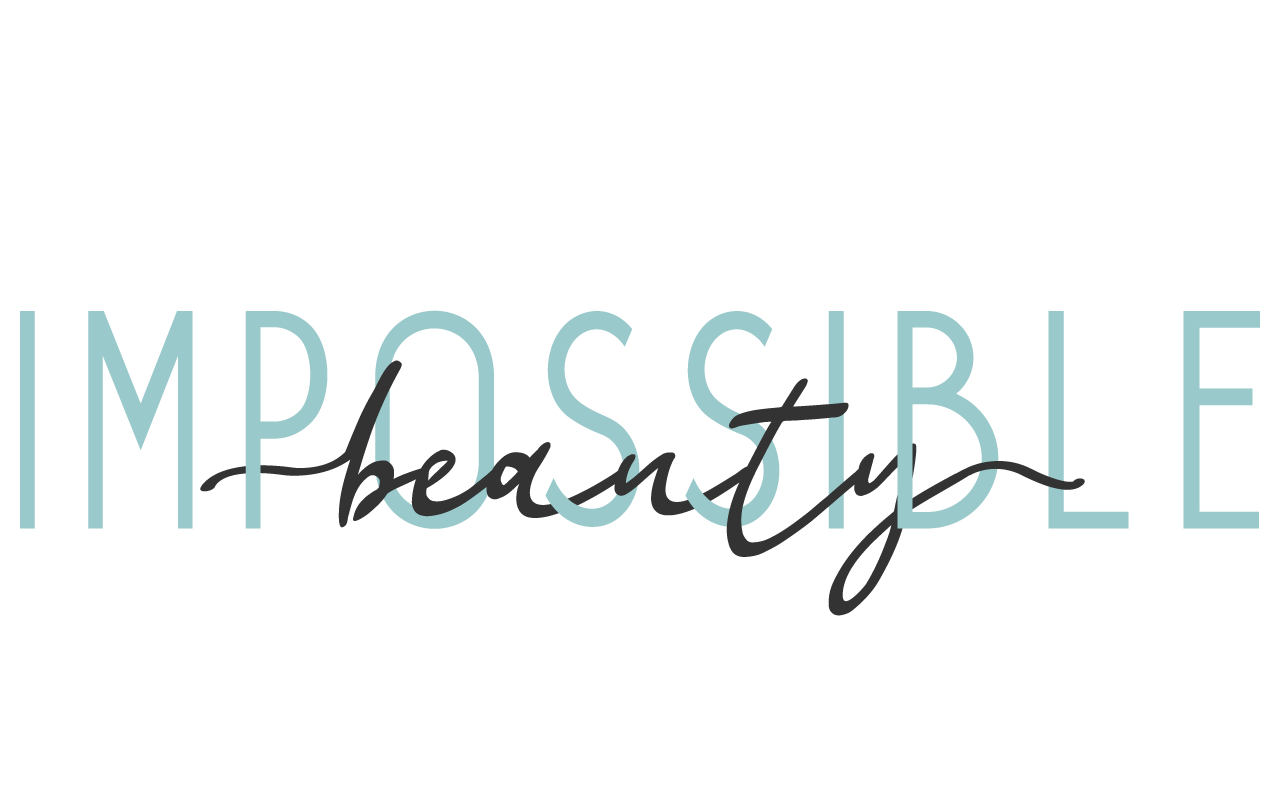An Epidemic of “Never Enough”
Funny enough, I was at the gym when she said it. I was minding my own business when she started telling me all about a show she had been watching that morning called “The Last Ten Pounds.” This friendly woman, whom I had never spoken with before, went on to tell me all about the show’s premise: losing those pesky “last ten pounds” before some event or reunion or with the hopes of fitting into those skinny jeans or that cocktail dress.
When she had finished, I stood there silently, staring. She probably thought I was mute. I wasn’t, of course. I was simply assessing, “how do I respond?” I had so much to say about this show I had never heard of before and was also on a tight schedule to get to a meeting. Besides, I very much doubted that this innocent woman knew what she was getting into. She likely wasn’t looking for a long-winded, passionate critique about all that was wrong with the show she mentioned. That said, my in-the-moment assessment resulted in me making some general, neutral-sounding statement about the show. I didn’t want to wade into the deep waters of feminine critique she was beckoning me into and, even more practically, I didn’t want to be late to my meeting. I had no idea how to synopsize my passion into something bite-size and brief.
That show’s premise was so troublesome to me that morning because I’ve done a lot of work undoing the narrative of beauty that American media and diet culture has handed me: ten less pounds, one more mile. In America, we equate beauty with being thin and fit. Your “worth” is in your aesthetic and diet culture and advertising literally bank on the fact that what “is” isn’t enough, to the tune of an estimated $60 billion dollars a year in fact.
We are inundated daily with these messages as women: Push yourself. More. Better. Fewer calories and more steps, more toned and less wrinkled. We are enveloped in a culture of striving and prodded toward the elusive and deceitful goal of attaining aesthetic “perfection.”
At one point, I was all about it. Push yourself, keep going, the more the better. I thought it was all great, until I realized that it actually wasn’t.
The problem with the “never enough” narrative in America is that it distracts us from authentic beauty and the life of the soul. It is authentic beauty in fact that our heart recognizes and that feeds and fuels the soul. So, when we are caught up in the flurry of what could be or “should” be, we miss out on what “is,” in us and around. The very life and gifts of God. The love, the goodness, the life, the breath.
Our beautifully complex bodies and the ability to move and live fully in them: to dance, to embrace, to serve. These are great gifts. And gifts are not to be received in a dictatorial or judgmental posture, but in a stance of wonder and gratitude. Not from a posture of striving and perfecting but of tuning into, nourishing, and sensing when enough is enough for now.
Diet culture would have us think that we can always be doing more to cut more calories in our meal or burn more calories on the treadmill. Buy one more product or gym membership or kale smoothie. But what if instead of tuning into the “never enough” propaganda ever-present in American culture, we tuned into the currents of our own intuition? That sacred gift that speaks to our heart and soul and that is very much embodied. Our internal compass bearing witness to who we are and what we need. Are we hungry, tired? What brings us joy in the world or causes our heart to ache?
The problem with “never enough” is that it can so easily drown out the subtle wisdom that whispers the needs of our body and even the cravings of our soul. The gravity of “never enough” can easily become all encompassing in women’s lives, a guiding light of sorts, coloring everyday things like how we feel about ourselves or whether or not we care for our bodies by adequately nourishing them or not pushing our bodies when we are tired.
However, if authentic beauty is the life of God at work in us and around us, we would do well to hone the very thing that “never enough” drowns out. How else does our soul perceive true beauty or the life of God but through our intuition? In essence, drowning out our intuition is like dampening our greatest radar for all things sacred.
So, what if we stopped the striving for just a minute, stopped counting calories or fixating on miles and steps. And what if we truly believed that our intuition is indeed the voice of our soul and our deepest connection with God?
If we only took a moment to breathe and ceased looking for all sorts of externals to let us know we’re “OK,” we may begin to see that there was never any need to strive and struggle in the first place. We may in fact realize the fallacy of “never enough.” “Never enough” may even be blown out of the water.
Astounding beauty is already in us and always has been. There’s no need to strive and tirelessly seek after enough, because we have in fact been more than enough all along.
